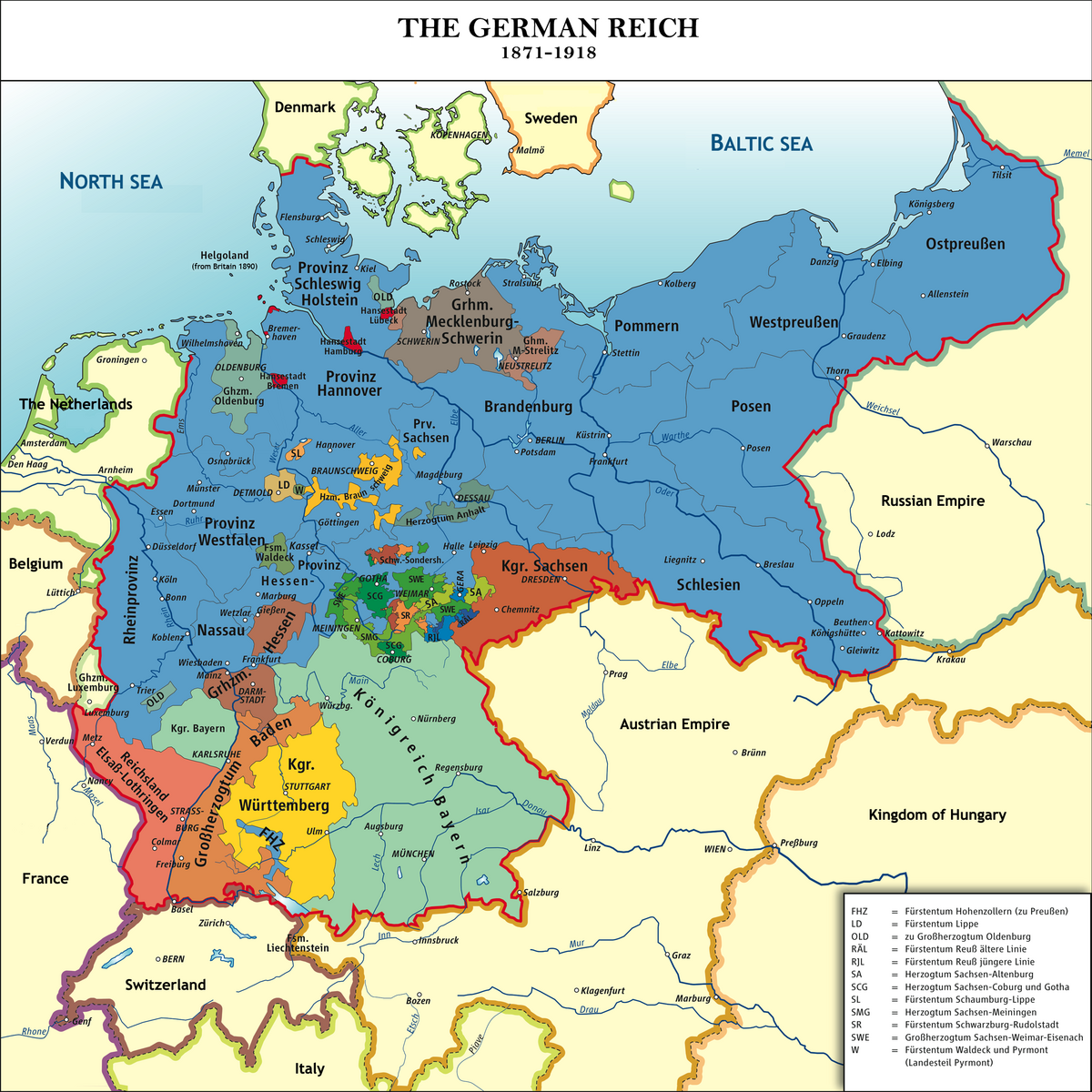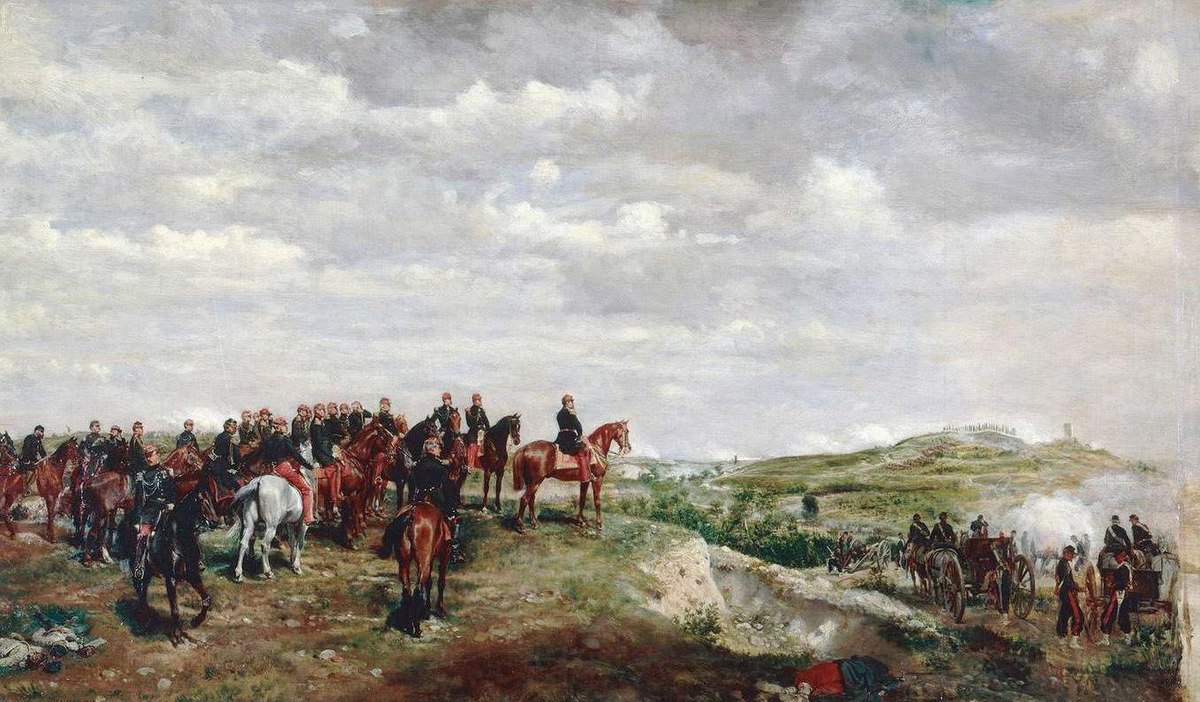As the ancients knew well that the Macedonians were not Greeks but a distinct nation, and as the overwhelming evidence shows that the Macedonians did not regard themselves as Greeks, nor were regarded as Greeks by the Greeks, the question must be asked - why would some 19th century western writers (full 20 centuries after the end of the Macedonian kingdom), make a 180 degree bold move to consider the Macedonians as "Greeks"? The answer of this question reveals two main reasons for it: 1) Personal political motivations, and 2) Lack of sufficient ancient evidence at the time.
Late nineteenth and early twentieth century western historians who were inamorata with anything Greek, and saw ancient Greece as the cradle of the Western civilization, could not possibly imagine that uncouth and brute people like the ancient Macedonians could topple the Greek states (specifically Athens) and build an empire of the likes that Europe has not seen yet. They regarded Philip II of Macedon and his Macedonians as destroyer of "Greek spirit and culture", as people who extinguished the flame from the Athenian glory. Athens in particular, and the rest of the Greek city-states in general, were culturally and physically exhausted. Hogarth says that they suffered from "premature senility", incapable of growth and re-organization of its citizenry. The enthusiasm for Hellas in a cultivated modern age, and the romanticism with Greek art and culture, created an atmosphere of hatred for the person and the people (Philip and his Macedonians) who destroyed Greek autonomy. In the backdrop of such a poisonous milieu, the ancient Macedonians "could not possibly be perceived as masters of the world", for if anybody should achieve such a supreme act, they must be Greek. These people could not accept the fact that the organism in the Greek city-state, as they have come to know and appreciate, no longer breathed any signs of life, and that the Macedonians as a non-Greek nation possessed power, discipline, and inner strength to conquer not only the Greeks but the Persians too. Thus, subsequent reference to ancient Macedonians as Greeks should not come to a great surprise.
Those western historians from the modern age (the ones following J. Droysen), by denying Philip and his Macedonians the merit that they so rightfully deserve, have simply ignored the writings of the ancient biographers and chroniclers. However, even with this occasional omission on their part, the inevitable recognition of Macedonians as a separate people from the Greeks does occur nevertheless in their very own works. Professor Eugene Borza who is credited as "Macedonian specialist" by the American Philological Association, and who has done extensive studies regarding the ethnicity of the ancient Macedonians, had also presented in-depth analysis on this "Greek position" which claims that the ancient Macedonians were Greek. In his In the Shadow of Olympus, The Emergence of Macedon (p.91-92) he writes:
"Thus, long before there was a sufficient ancient evidence to argue about the ethnic identity--as revealed by language--of the ancient Macedonians, there emerged a "Greek" position claiming that the Macedonian language was Greek, and that thus the inhabitants were Greek."
www.historyofmacedonia.org/AncientMacedonia
Late nineteenth and early twentieth century western historians who were inamorata with anything Greek, and saw ancient Greece as the cradle of the Western civilization, could not possibly imagine that uncouth and brute people like the ancient Macedonians could topple the Greek states (specifically Athens) and build an empire of the likes that Europe has not seen yet. They regarded Philip II of Macedon and his Macedonians as destroyer of "Greek spirit and culture", as people who extinguished the flame from the Athenian glory. Athens in particular, and the rest of the Greek city-states in general, were culturally and physically exhausted. Hogarth says that they suffered from "premature senility", incapable of growth and re-organization of its citizenry. The enthusiasm for Hellas in a cultivated modern age, and the romanticism with Greek art and culture, created an atmosphere of hatred for the person and the people (Philip and his Macedonians) who destroyed Greek autonomy. In the backdrop of such a poisonous milieu, the ancient Macedonians "could not possibly be perceived as masters of the world", for if anybody should achieve such a supreme act, they must be Greek. These people could not accept the fact that the organism in the Greek city-state, as they have come to know and appreciate, no longer breathed any signs of life, and that the Macedonians as a non-Greek nation possessed power, discipline, and inner strength to conquer not only the Greeks but the Persians too. Thus, subsequent reference to ancient Macedonians as Greeks should not come to a great surprise.
Having this in mind, some 19th century western historians, specifically German historians led by J. Droysen, saw parallelism between events which occurred in Greece and Macedonia 22 centuries ago, with those in Prussia and Germany. The 19th century is the birth of nationalism in Europe, and as Italy was unifying, Prussia was the advocate of the German unification. Therefore for the German writers:
1. When Philip II and his Macedonians conquered the Greeks after Chaeronea it was not a conquest but a "unification of Greece" (contrary to all ancient sources)
2. When Alexander the Great invaded Asia, it was the "Greek conquest and vengeance", not the Macedonian plan for action (contrary for all sources that point that the Greeks played no role in the conquest and that Alexander fought for the glory of Macedonia).
3. When the Macedonian Army conquered territories from Greece to India, it was the "Greek Empire" that received the recognition, not the Macedonian Empire (although Alexander's empire had never been called Greek in any ancient source, but specifically Macedonian).
4. More modern inventions were added - that with the conquest of Asia the "Greeks were spreading Hellenism", and that the Macedonian kingdoms after Alexander, (which were ruled till their end by Macedonians, not by Greeks), were "Hellenistic kingdoms", and so on, and so on...
1. When Philip II and his Macedonians conquered the Greeks after Chaeronea it was not a conquest but a "unification of Greece" (contrary to all ancient sources)
2. When Alexander the Great invaded Asia, it was the "Greek conquest and vengeance", not the Macedonian plan for action (contrary for all sources that point that the Greeks played no role in the conquest and that Alexander fought for the glory of Macedonia).
3. When the Macedonian Army conquered territories from Greece to India, it was the "Greek Empire" that received the recognition, not the Macedonian Empire (although Alexander's empire had never been called Greek in any ancient source, but specifically Macedonian).
4. More modern inventions were added - that with the conquest of Asia the "Greeks were spreading Hellenism", and that the Macedonian kingdoms after Alexander, (which were ruled till their end by Macedonians, not by Greeks), were "Hellenistic kingdoms", and so on, and so on...
Those western historians from the modern age (the ones following J. Droysen), by denying Philip and his Macedonians the merit that they so rightfully deserve, have simply ignored the writings of the ancient biographers and chroniclers. However, even with this occasional omission on their part, the inevitable recognition of Macedonians as a separate people from the Greeks does occur nevertheless in their very own works. Professor Eugene Borza who is credited as "Macedonian specialist" by the American Philological Association, and who has done extensive studies regarding the ethnicity of the ancient Macedonians, had also presented in-depth analysis on this "Greek position" which claims that the ancient Macedonians were Greek. In his In the Shadow of Olympus, The Emergence of Macedon (p.91-92) he writes:
"Thus, long before there was a sufficient ancient evidence to argue about the ethnic identity--as revealed by language--of the ancient Macedonians, there emerged a "Greek" position claiming that the Macedonian language was Greek, and that thus the inhabitants were Greek."
The 19th century western writers, including J. Droysen, have therefore, developed a position that the Macedonians were Greek and invented the words Helenism and Hellenistic, long before there was sufficient ancient evidence to argue about their ethnicity. But today modern historiography had long abandoned this prematurely established "Greek" position and returned to consider the Macedonians as distinct nation just like the ancients did. The whole revisionist movement launched against the false historical interpretations and led by historians Ernst Badian from Harvard University, Borza, Bosworth, Green, and Jouguet and Hogarth and others before them, finally put an end to the historical inaccuracies and proved once for all that the Macedonians were not Greeks, did not consider themselves as Greeks, but were a proud distinct nation who kept the Greeks enslaved for centuries.









Comment